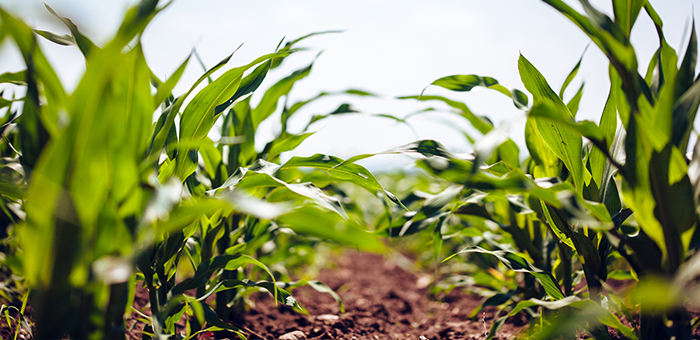Organic Food for Sustainability

Evidence from the World Food and Agriculture Organization (FAO) indicates that if current practices and trends persist the negative consequences of agriculture on the environment will continue to increase dramatically over the next 30 years and beyond. The results of a study into the possibility of feeding the human population with a global conversion to organic farming found that organic farming could contribute to a sustainable food system, provided that it is combined with other measures, namely:
- A one-third reduction of animal-based products in the human diet
- Less concentrated feed in livestock production
- Less food waste
These measures combined would not lead to increased land use, despite lower agricultural yields (1).
What’s Different About Organic Farming?
Conventional farming relies on synthetic fertilisers, pesticides and herbicides to grow crops and antibiotics are routinely given to animals raised for human consumption.
Organic farming relies on animal manure, compost, crop rotation and biological or physical weed and pest control methods. Organic farmers are permitted to use some pesticides derived from natural ingredients such as essential oils like citronella or clove oil.
As well as feeding the people organic agriculture has many positive ecological effects due to the reduction in the use of fertilizers and pesticides and reduced greenhouse gas emissions.
For more information about the health benefits of eating organic foods and the problems with eating conventionally farmed foods see the blog posts on Reasons to Go Organic and The Problems with Pesticides. For a list of foods that are most heavily contaminated and those that aren’t see The Dirty Dozen and The Clean Fifteen.
References
-
Adrian Muller, Christian Schader, Nadia El-Hage Scialabba, Judith Brüggemann, Anne Isensee, Karl-Heinz Erb, Pete Smith, Peter Klocke, Florian Leiber, Matthias Stolze, Urs Niggli. Strategies for feeding the world more sustainably with organic agriculture. Nature Communications, 2017; 8 (1)